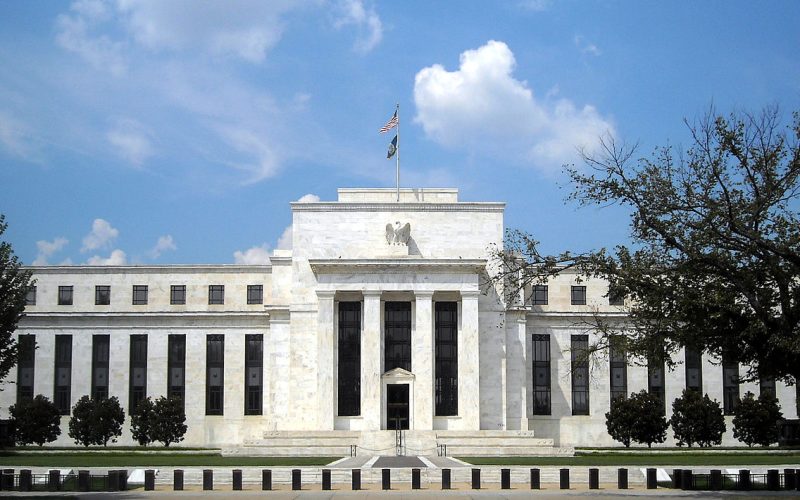The US Federal Reserve Board has announced that it is withdrawing from the Network of Central Banks and Supervisors for Greening the Financial System (NGFS), a global coalition working to address climate-related risks in the financial system. The central bank stated that the group’s expanding focus no longer aligns with its statutory mandate.
The Fed, which joined the NGFS in 2020, is stepping back just days before President-elect Donald Trump, a critic of government-led climate policies, takes office. The NGFS, formed in 2017, aims to support central banks and regulators in incorporating climate risks into monetary policy and financial supervision.
In its statement, the Federal Reserve pointed to the growing scope of the NGFS as the main reason for its exit, suggesting that its objectives now extend beyond the Fed’s core responsibilities. Chair Jerome Powell has repeatedly emphasised that the Fed’s role is to focus on monetary stability and financial regulation within its legal remit, leaving climate change policy to Congress.
“The Federal Reserve recognises climate change as an important issue but maintains that setting climate policy lies with elected officials,” Powell stated in recent remarks.
While the Fed has conducted preliminary research on climate risks, including analysis and reports, its involvement has been limited compared to other central banks. In contrast, the NGFS encourages members to integrate climate change into their monetary policies and financial oversight.
Republican lawmakers have expressed scepticism over such regulatory efforts. Many argue that addressing climate risks in banking is beyond the purview of financial regulators and could lead to overreach.
The decision has raised questions about how the U.S. will address climate risks in the financial sector going forward. The Fed’s withdrawal coincides with other notable exits from climate alliances.
Also, Canada’s Bank of Montreal became the first Canadian bank to leave the Net-Zero Banking Alliance, a private-sector initiative committed to reducing carbon emissions. These moves come amidst heightened scrutiny of climate initiatives under the incoming Trump administration.
The NGFS has continued to grow its membership despite the Fed’s departure, with over 100 institutions collaborating on best practices to manage climate-related risks.
The Federal Reserve’s exit marks a significant shift in the US approach to managing climate risks within the financial system. As global institutions push for more integration of climate policies, the Fed’s decision reflects the ongoing debate about the role of financial regulators in tackling environmental issues.



















